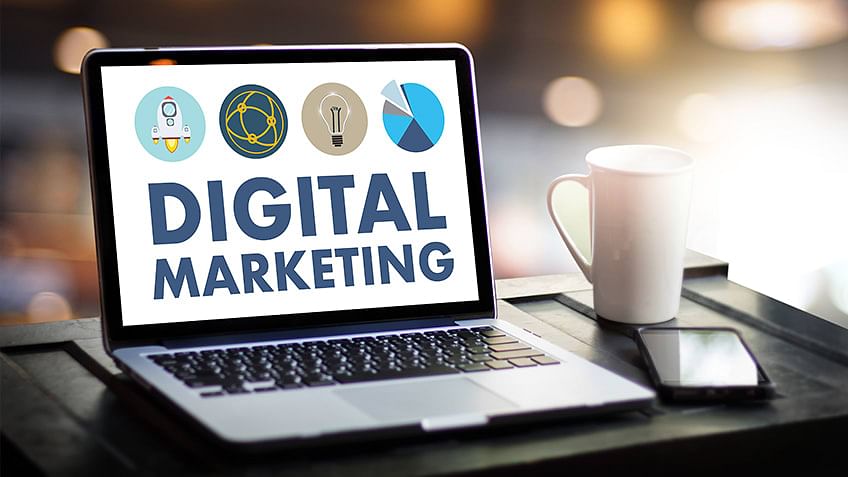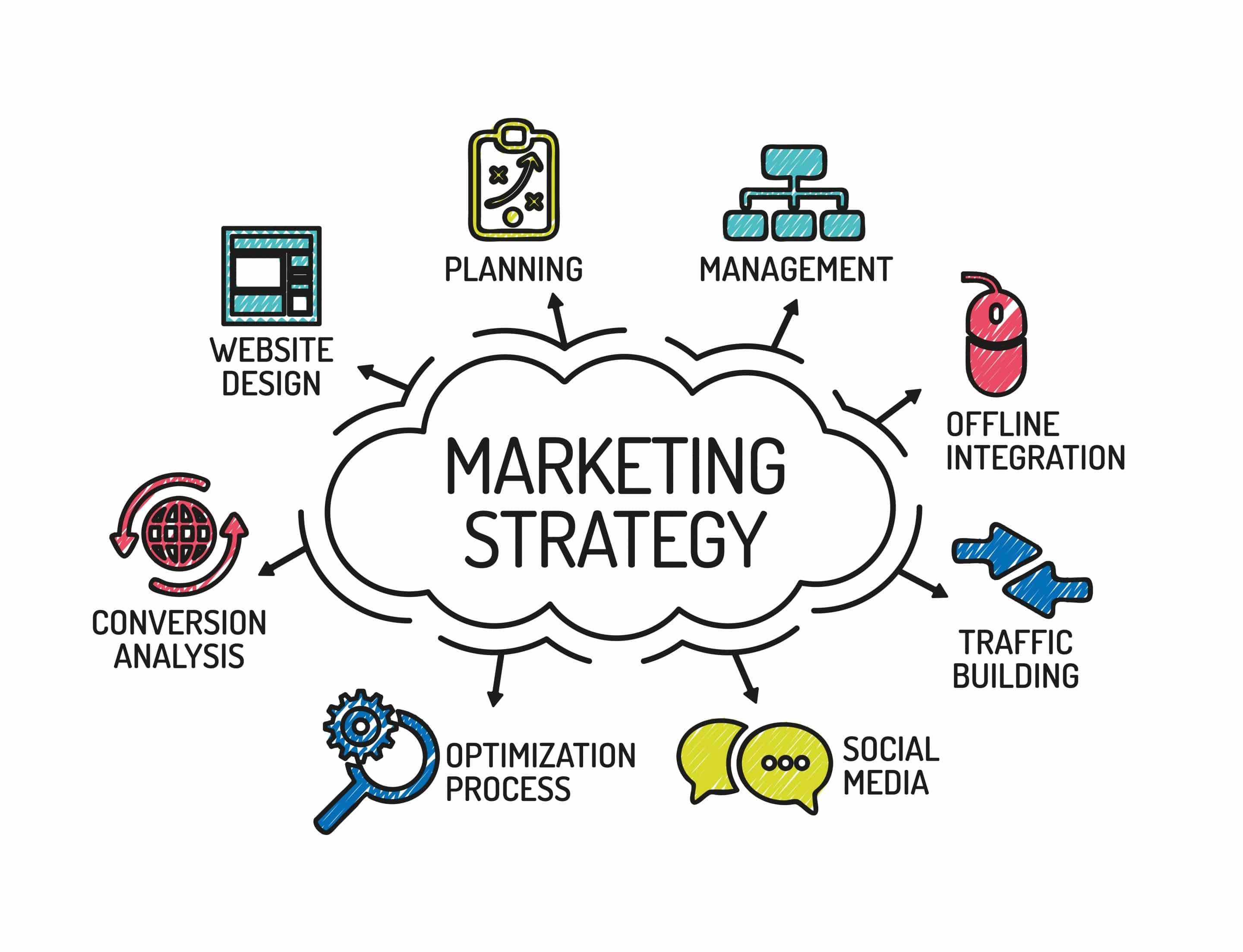Navigating the Digital Landscape: The Power of Digital Marketing
In an era where the internet is an integral part of our lives, digital marketing has emerged as a cornerstone of modern business strategy. This article will delve into the world of digital marketing, exploring its essential components, benefits, and its ever-evolving nature in the digital age.

Understanding Digital Marketing
Digital marketing encompasses all marketing efforts that use an electronic device or the internet to connect with current and potential customers. It’s a multifaceted approach that leverages various online channels and platforms to promote products, services, or brands.
Key Components of Digital Marketing
1. Search Engine Optimization (SEO)
SEO is the practice of optimizing your website to rank higher in search engine results pages (SERPs). It involves improving website content, user experience, and backlinks to increase visibility and organic traffic.
2. Content Marketing
Content marketing focuses on creating and distributing valuable, relevant, and consistent content to attract and engage … Read more
Continue Reading
